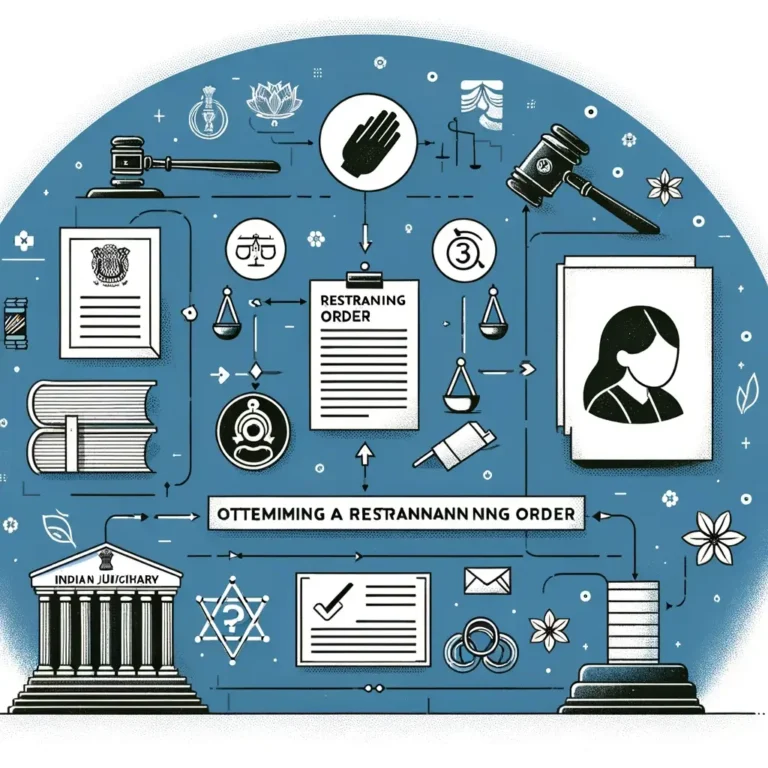This article is about Criminal Convictions Consequences on Immigration
Introduction
In today’s global landscape, the intersection of immigration and criminal law has become increasingly complex. Individuals who are not citizens of the United States must be aware of the potential immigration consequences of criminal convictions. This article delves into the complexities of how criminal charges can affect an individual’s immigration status, exploring legal frameworks, case studies, and preventative measures.
Immigration Consequences of Criminal Convictions
Understanding the Legal Framework
The Intersection of Criminal and Immigration Law
Criminal convictions can have profound implications on immigration status. Under U.S. law, certain crimes are categorized as “deportable offenses” or “inadmissible offenses.” Deportable offenses can lead to a non-citizen being removed from the U.S., while inadmissible offenses may prevent re-entry or adjustment of status.
Categories of Crimes Affecting Immigration
The types of crimes that can impact immigration status include, but are not limited to:
- Aggravated Felonies: This broad category includes severe crimes such as murder, drug trafficking, and firearms trafficking. It is important to note that what constitutes an aggravated felony for immigration purposes may not be classified as a felony under state law.
- Crimes of Moral Turpitude (CMT): These offenses generally involve acts of dishonesty or immoral behavior, such as fraud, theft, or assault. The definition of CMT is often subject to legal interpretation, making it critical for non-citizens to seek legal counsel when charged with any crime.
- Controlled Substance Violations: Convictions related to controlled substances, except for a single offense of simple possession of 30 grams or less of marijuana, can have serious immigration consequences..
Preventative Measures and Legal Advice
Importance of Legal Representation
Legal representation is crucial in navigating the complexities of immigration and criminal law. Non-citizens should seek attorneys who specialize in both areas to receive comprehensive advice.
Strategies to Mitigate Risk
Preventative strategies include:
- Understanding the ramifications of criminal charges
- Seeking plea bargains that minimize immigration consequences
- Pursuing post-conviction relief options like vacating a conviction
Conclusion and Resources
The intersection of criminal and immigration law is a field fraught with complexities and severe consequences for non-citizens. Understanding the legal landscape, seeking competent legal counsel, and staying informed about changes in legislation are vital steps for anyone navigating this challenging terrain.
Further Reading and Resources
For more detailed information, consult resources such as:
- American Immigration Lawyers Association (AILA)
- National Immigration Project of the National Lawyers Guild
- Legal articles and case studies on immigration law websites
Understanding the nuances of immigration consequences of criminal convictions is essential for non-citizens and legal professionals alike. Staying informed and prepared is the best defense against the potential adverse effects of criminal convictions on immigration status.
FAQs on Immigration Consequences of Criminal Convictions
- What are immigration consequences of criminal convictions?
- Criminal convictions can lead to deportation, inadmissibility, or denial of naturalization for non-U.S. citizens.
- What is a deportable offense?
- A deportable offense is a crime that makes a non-citizen eligible for removal from the U.S. Examples include aggravated felonies and crimes of moral turpitude.
- Can a misdemeanor affect immigration status?
- Yes, certain misdemeanors, especially if they fall under crimes of moral turpitude or involve controlled substances, can affect immigration status.
- What is considered an aggravated felony in immigration law?
- Aggravated felonies in immigration law include serious crimes like murder, drug trafficking, and firearms offenses, and some less serious crimes that are treated as aggravated felonies only in immigration context.
- Are all criminal convictions grounds for deportation?
- Not all, but certain convictions, particularly aggravated felonies and crimes of moral turpitude, can lead to deportation.
- Can legal permanent residents be deported for criminal convictions?
- Yes, legal permanent residents (Green Card holders) can be deported for specific criminal convictions.
- What is a Crime of Moral Turpitude (CMT)?
- CMT generally refers to conduct that is inherently base, vile, or depraved, and contrary to accepted moral standards, such as fraud, theft, or some types of assault.
- How does a drug conviction affect immigration status?
- Drug convictions, except for a single offense of simple possession of a small amount of marijuana, can lead to deportation and inadmissibility.
- Can a criminal conviction affect a visa application?
- Yes, criminal convictions can lead to a visa denial, depending on the nature and severity of the crime.
- What is the impact of a criminal record on naturalization?
- A criminal record can delay or deny the naturalization process, as good moral character is a requirement for U.S. citizenship.
- Are juvenile convictions considered in immigration proceedings?
- Generally, juvenile convictions are not considered, but there are exceptions, especially if they involve serious crimes.
- Can a pardon erase the immigration consequences of a conviction?
- A pardon can sometimes eliminate the immigration consequences of a conviction, but it depends on the nature of the pardon and the crime.
- What is the Padilla v. Kentucky case and its significance?
- Padilla v. Kentucky is a Supreme Court decision that requires criminal defense attorneys to inform non-citizen clients about the deportation risks of a guilty plea.
- Can expunged or sealed convictions affect immigration status?
- Yes, in immigration law, expunged or sealed convictions can still be considered in determining immigration consequences.
- Is it possible to adjust status or become a lawful permanent resident with a criminal record?
- It can be challenging, but it’s not impossible. It depends on the specific crime and circumstances.
- How does a DUI conviction affect immigration status?
- While a single DUI may not lead to deportation, multiple DUIs or those involving aggravating factors can have serious immigration consequences.
- Can asylum seekers be deported for criminal convictions?
- Yes, certain criminal convictions can disqualify an individual from asylum or lead to deportation.
- What should non-citizens do if facing criminal charges?
- They should consult with an attorney who has expertise in both immigration and criminal law.
- Can a conviction affect an individual’s ability to sponsor family members?
- Yes, certain convictions can affect an individual’s ability to sponsor family members for visas or green cards.
- What is post-conviction relief in the context of immigration?
- Post-conviction relief involves legal processes to overturn, vacate, or modify a conviction to alleviate its immigration consequences.
- Can a non-citizen travel outside the U.S. with a criminal record?
- Traveling outside the U.S. with a criminal record can be risky, as it may affect re-entry, depending on the crime.
- What are the consequences of a drug possession conviction?
- Drug possession convictions, except for a single offense of possessing a small amount of marijuana, can result in deportation and inadmissibility.
- How does criminal activity affect Deferred Action for Childhood Arrivals (DACA)?
- Certain criminal activities, especially felonies and serious misdemeanors, can disqualify an individual from DACA eligibility.
- Can domestic violence convictions lead to immigration consequences?
- Yes, domestic violence convictions can lead to deportation and are considered deportable offenses.
- What role does the Immigration and Nationality Act (INA) play in criminal convictions?
- The INA outlines the immigration consequences of criminal convictions, defining deportable and inadmissible offenses.
- How does immigration status affect bail decisions in criminal cases?
- Immigration status can affect bail decisions, as non-citizens might be considered flight risks.
- What is cancellation of removal in immigration law?
- Cancellation of removal is a form of relief for certain permanent residents and non-permanent residents that can prevent deportation.
- Can U-Visa applicants be affected by criminal convictions?
- While some criminal convictions may affect U-Visa eligibility, the purpose of the U-Visa is to aid victims of certain crimes, so each case is unique.
- Are traffic violations considered in immigration consequences?
- Minor traffic offenses typically do not affect immigration status, but offenses related to DUI or reckless driving can have serious consequences.
-
What is the best way for a non-citizen to handle a criminal charge?
- The best approach is to consult with an attorney specializing in both immigration and criminal law to understand the specific implications and defense strategies.
















